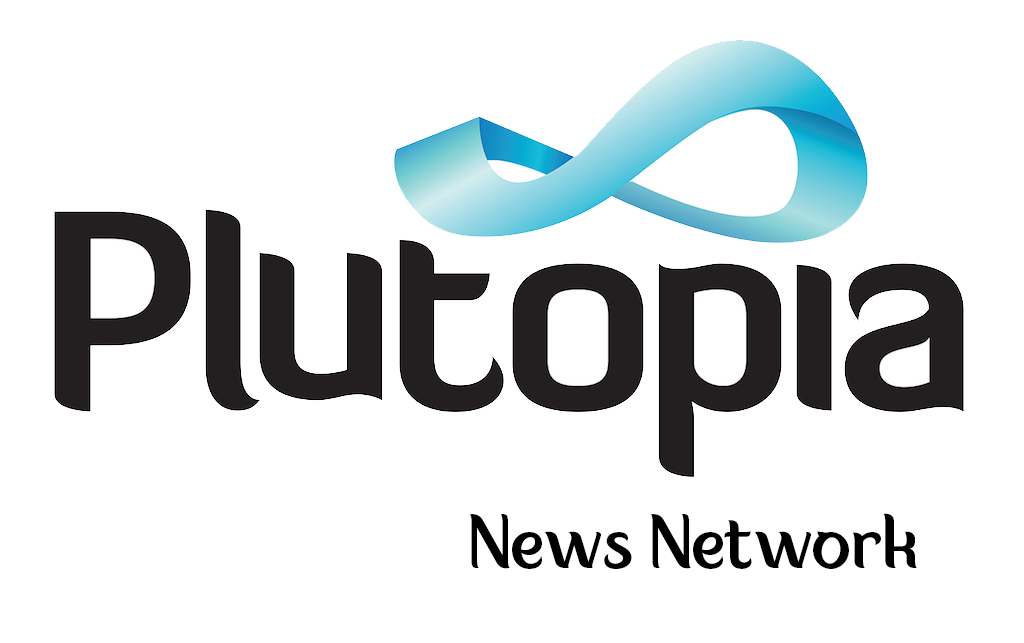Jon and Scoop do a deep dive into the land of free speech, which is what this country’s supposed to be – land of the free, home of the brave. We discuss current issues of free speech in the Internet/post-Truth era.
Jon: Should you be able to ban people from a system like Twitter? Which is supposedly set up for conversation, and has increasingly had to find ways to manage and moderate those conversations in ways that have been troubling to people who advocate for a kind of free speech absolutism.
Scoop: We have a neighbor here in the Austin area who has some views on that, and he took those views to the point of buying Twitter. And that has created a lot of uproar online and, in fact, in all communities. Because a lot of, not just personal communication, but business communication happens on Twitter now. And having someone who has a whole different approach take over and be the God of Twitter is frightening a lot of people.
Jon’s notes on free speech.
- We’re in an era of user-generated content in media.
- Many people are focused on UGC combined in some ratio with mass media content.
- Much content is from organizations that claim to present “news.”
- A definition of news: “newly received or noteworthy information, especially about recent or important events.”
- News does not equal truth.
- Journalistic objectivity is an ideal that professional journalists often pursue, but commitment to objectivity has probably eroded, especially as we acknowledge how truly difficult it is to create a truly objective representation of reality.
- The Internet facilitated the creation of many channels for distributing information.
- Traditional news organizations have had to fight for mindshare.
- Some safeguards, like the Fairness Doctrine, have gone away.
- It’s hard to know what’s true and what’s not true.
- Many users lack critical thinking skills – to what extent can they be manipulated online?
- Doomscrolling: online news consumption and online fear consumption are addictive.
- “The First Amendment (Amendment I) to the United States Constitution prevents the government from making laws that regulate an establishment of religion, or that prohibit the free exercise of religion, or abridge the freedom of speech, the freedom of the press, the freedom of assembly, or the right to petition the government for redress of grievances.” – Wikipedia
- The First Amendment does not apply to private companies and organizations – it’s strictly about what government can or cannot do.
- Section 230 of the Communications Decency Act generally provides immunity for website platforms with respect to third-party content. No provider or user of an interactive computer service shall be treated as the publisher or speaker of any information provided by another information content provider. It basically says that the source of posted content is responsible for it, and the carrier of that content is not.
- Without Section 230, platforms like Facebook and Twitter would either have to fold or vet content more strictly.
- Oddly some people who argue for less restriction on social media platforms also talk about repealing Section 230 – which would have the opposite effect.
- Elon Musk and Twitter: he wants looser moderation.
- In the social media free for all we see today, moderation is essential.
- “The first step is to distinguish between different kinds of moderation. Doing so allows discussions to engage with specific issues of life online while avoiding simplistic games of tribal signaling. The critical distinction is between moderation of “decorum” (some might alternatively call it “behavior”) versus moderation of “content.” Concerns about personal attacks, harassment, threats, bullying, and so on fall under “decorum.” Think of it as a set of rules for how users of a platform or service communicate, irrespective of what they are trying to communicate. Examples of decorum rules include bans on profanity and racial slurs. Facebook’s somewhat ludicrous ‘no nipples’ rule is an example of decorum moderation.” – Jim Rutt, https://quillette.com/2022/04/27/musk-and-moderation/
Photo: The Free Speech Wall in Charlottesville, VA by Daniel Rothamel. Some rights reserved.


